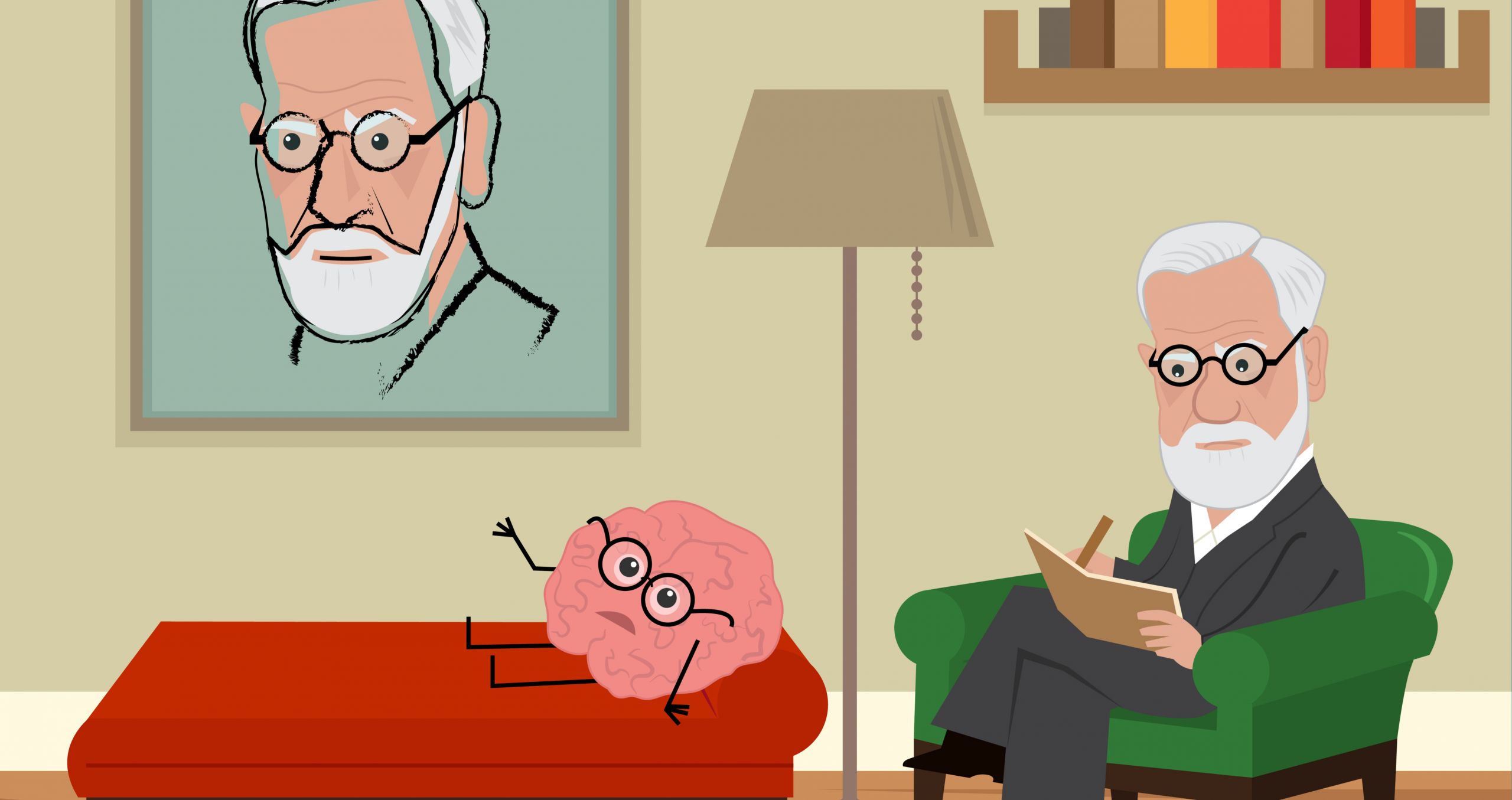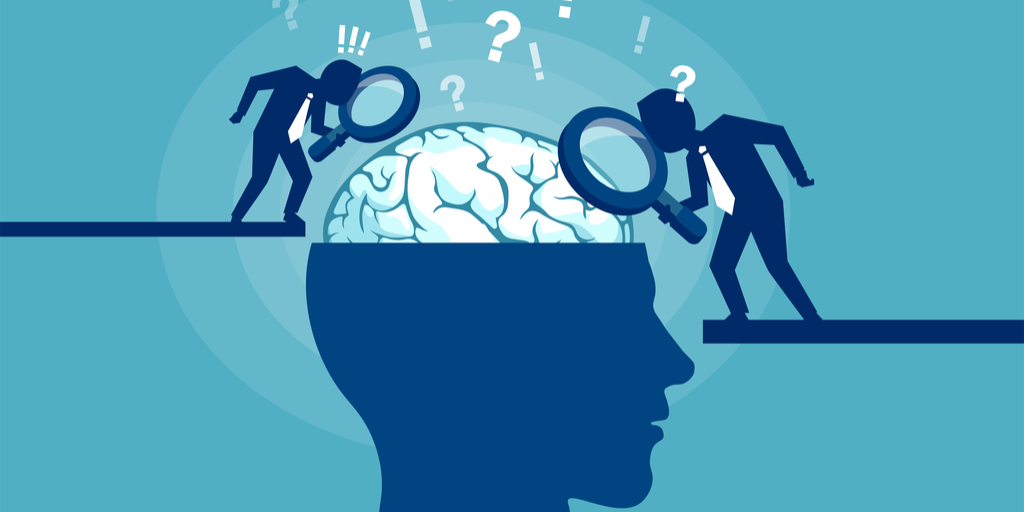
We’re an affiliate!
We hope you love the books we recommend! Just so you know, we may collect a share of sales or other compensation from the links on this page. Thank you very much if you use our links, we really appreciate it.
Long Story Short, “Civilization and its Discontents” is based on Sigmund Freud’s principles of psychology where there is a constant cycle of how we as individuals, are shaped by our environment, yet at the same time how us, as the individuals constantly shape the environment around us. There is a never-ending tension between the environment and its people and how these factors ultimately cause our happiness and well-being in life.
One key question to reflect on from this book would be:
“How are we shaped by our ENVIRONMENT?”
To address this, Freud illustrates these points to show how based on our natural instincts, we are naturally shaped by our environment:
- Instincts that make us human
- Pain & Pleasure
- Finding Love
- Aggressiveness in our nature
Our relationship between humans and civilizations is similar to the chicken and the egg. Both factors are constantly intertwined and influence each other, yet we don’t know which one influences the other first.
In “Civilization and its Discontents”, Freud applied his theories on neurosis to the relationship between the individual and society. He draws upon conclusions from his groundbreaking work developing psychoanalysis to illustrate how the family unit, our natural behaviours and social structures allow Civilizations to form and thrive, often at the expense of our human selfish instincts.
This imbalance of our natural tendencies to love, destroy and manifest an internal drama of obsession or anxiety, is shown to be the products of the environment we are in.
For those who don’t know
Sigmund Freud is one of the three titans in psychology, alongside Alfred Adler and Carl Jung. He is most known for being the father of psychoanalysis which is the concept of bringing one’s unconscious thoughts consciously.
What is Freudian psychology?

Freud’s view of psychology is developed on the basis of psychoanalysis, where our minds have several layers of conscious and unconscious thoughts. Within these layers, psychoanalysis involves the process of bringing forth those unconscious thoughts to our conscious.
As a result, our actions and behaviours stem from our unconscious. From whatever action or behaviour we take, these unconscious thoughts are deeply plotted from our past events and traumas.
In contrast to Adlerian psychology, the perspective it takes is that we are the product of our past experiences and traumas.
Which leads us to…
The Instincts that make us human:
Sigmund Freud is one of the three titans in psychology, alongside Alfred Adler and Carl Jung. He is most known for being the father of psychoanalysis which is the concept of bringing one’s unconscious thoughts consciously.
Freud answers by reiterating the breakdown of the governing forces of the human mind into the:
- Ego
- ID
- Superego
The Ego is the conscious self, the agent of decision-making. While the ID describes the deep seated instinctual desires of the subconscious. Lastly, the Superego sits above the ego and ID, acting as a control of check against both.
As we progress throughout various stages in life, from children to adulthood, both our unconscious and conscious thoughts are developed based on the unique experiences we face in life. These experiences mold the Ego, ID and Superego as these three aspects drive our actions and behaviours in any given situation.
Think of our experiences as several layers of our personality, as each experience we embrace builds onto our previous experiences which molds us into the people we are today.
Pain and Pleasure:

In Freud’s view, pleasure is meaningless without suffering to compare to, and the pursuit of pleasure is best understood as a quest to eliminate suffering.
Some may endure pain or pleasure through hedonism, intoxication, or self-meditation. However, more commonly, individuals handle their suffering by a means of repurposing pleasure drivers to productive and emotionally uplifting activities.
These drivers of pain and pleasure in the environment more than often reinforce us to do or not to do certain behaviours and actions. The result of pain or pleasure can source from anything between listening to certain authority figures or eating certain types of food, and based on those reinforcers, will drive specific future behaviour.
Finding Love:
According to Freudian Psychology, Love between two people is a complicated interaction with a distinct sexual component tied to the libido (erotic energy). Managing the energy of the libido is the key to happiness.
To Freud, love is not about happiness as much as it is about need, desire and jealously.
Traditionally, civilizations and communities have placed extremely high value on love. If love has tremendous value, Freud argues that it shouldn’t be something given so easily. As long as love is scarce, it holds value.
However, this idea that each individual should find love actually drives conflict and turmoil against each other in our environments. This is all due to our aggressive nature.
Aggressiveness in our human nature:

Freud points out that it is unnatural in its exhortation to love our enemies. However, due to our human nature, it is actually more natural to be aggressive and competitive, even amongst friends.
If everyone indulged in this aggressive instinct, chaos would ensue and civilizations would be in ruins.
One theory was to eliminate the idea of private property to remove the competitive impulse of constantly comparing with others. Nonetheless, Freud came to a conclusion that aggressive tendency was innate and even in the absence of material goods, we would always find a way to manifest that competitiveness and drive aggression.
With this said, it is the mandate of civilizations and societies to mitigate the aggressive instincts of its individuals. Too much aggressiveness can bring the demise of a civilization.
As such, a civilization may be incompatible with the very idea of a perfectly happy individual which can form the central tension of modern life, between the good of the individual and the good of society.
On the other hand:

“Civilization and its Discontents” heavily contrasts with Ichiro Kishimi’s “The Courage to be Disliked” as the principles of two psychology figure heads Sigmund Freud and Alfred Adler have opposing views.
Freudian psychology represents the theory of psychoanalysis, where our past experiences draw out our unconscious and conscious actions. Whereas, under Adlerian psychology, our past has nothing to do with the future.
The idea of determining your own fate regardless of your past experiences and environment is the core belief of Adlerian psychology. This Stoic approach to psychology where there is an emphasis on the aspect of CONTROL as our thoughts and attitudes is something that is independent of external factors.
An example to draw from would be how one defines their cause of happiness. Under Freudian psychology, when an individual is happy it is BECAUSE of the environment. Whereas under Adlerian psychology, when an individual is happy it is because they CHOOSE to be happy regardless of the environment.
To further understand how Adlerian psychology differs from Sigmund Freud’s “Civilization and its Discontents” read away here. (Link to Civilization and its Discontents)
What can WE do from here?
Our relationship with the environment will be forever intertwined as it will always have an influence in what we do in life. According to Freudian psychology, our environments will always have a factor in shaping the individuals we are today.
Because of this relationship with the environment, naturally, it is under our instinct to uncover the imperfections of civilization and try to find better ways of improving it.
The better a civilization functions, the better our standard of living and level of happiness will be as its citizens.
If you would like to give Sigmund Freud’s Civilization and its Discontents a read while supporting the blog feel free to click below:
#1 Freud, Sigmund. Civilization and Its Discontents. General Press, 2018.
#2 “Psychoanalysis | Psychology Today Canada.” Psychology Today, Sussex Publishers, www.psychologytoday.com/ca/basics/psychoanalysis.
#3 “History – Sigmund Freud.” BBC, BBC, www.bbc.co.uk/history/historic_figures/freud_sigmund.shtml.





